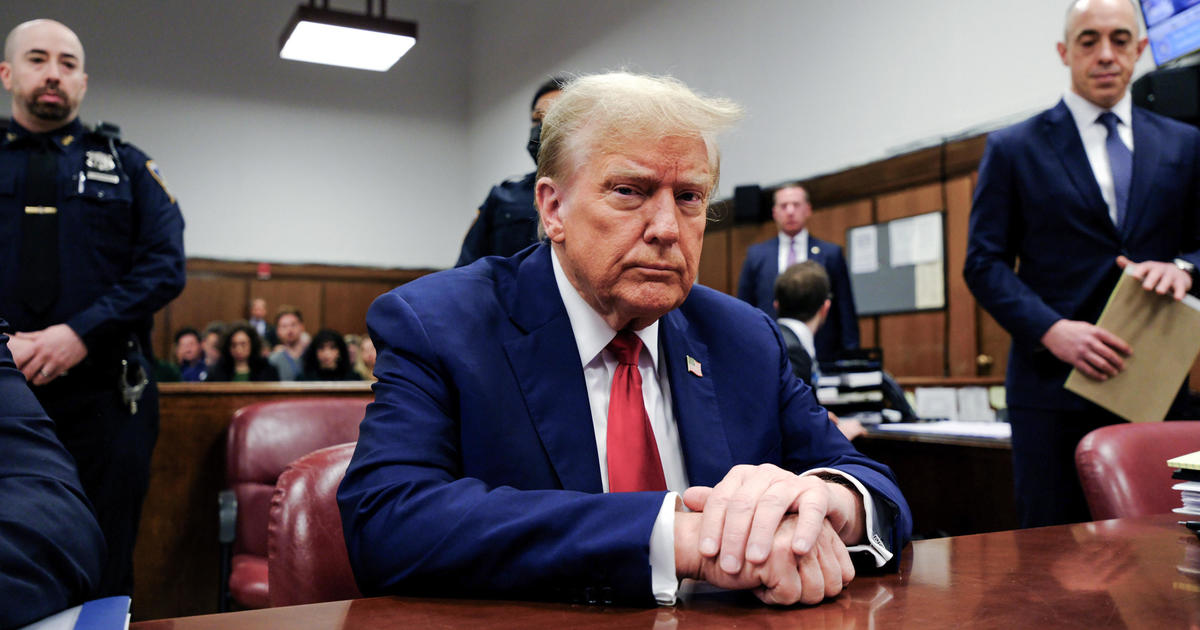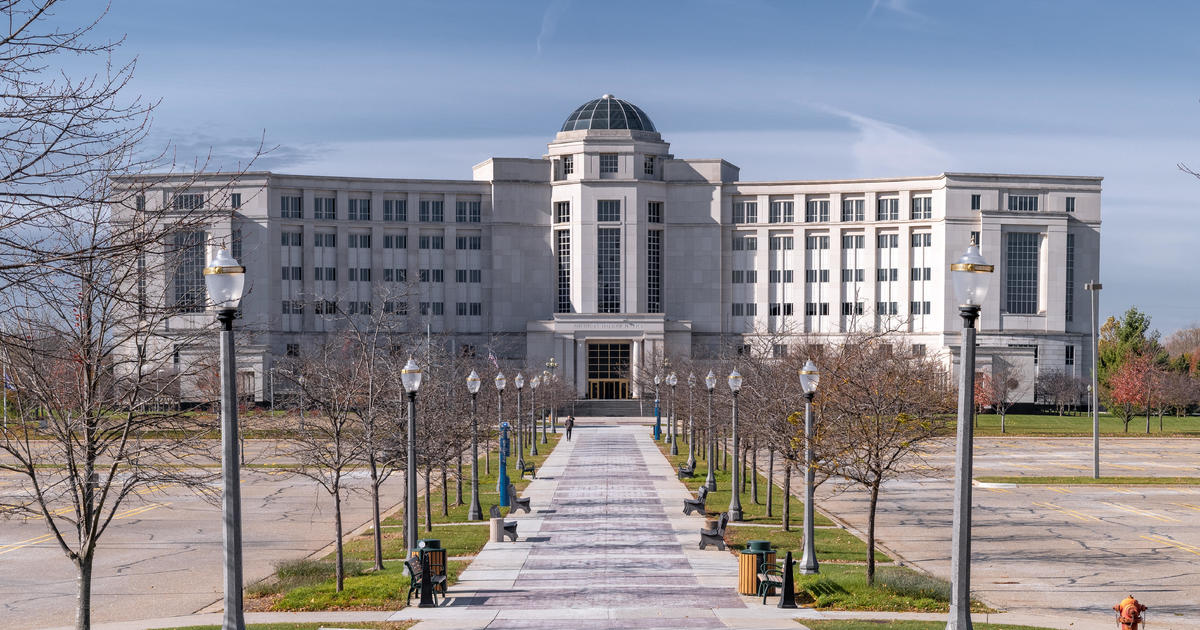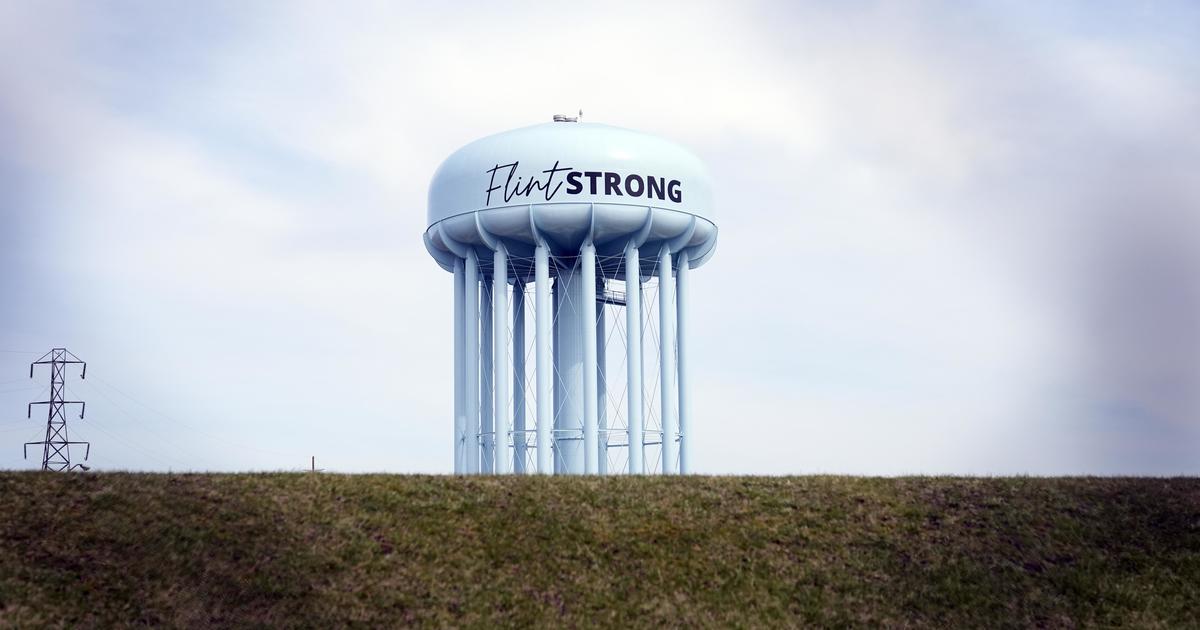Despite Pressure, Michigan Road-Funding Fix May Take A While
DAVID EGGERT, Associated Press
LANSING (AP) — The public's trouncing of a lawmaker-proposed constitutional amendment to upgrade Michigan roads leaves Gov. Rick Snyder and legislators searching for an alternative.
It could take a while.
Proposal 1's defeat by a 4-to-1 margin may have given policymakers an indication of what voters don't want in a Plan B. But a lack of consensus on how to pump $1.2 billion more into transportation infrastructure still remains.
The conflicting opinions are what led Snyder and lawmakers to resort to the statewide vote in the first place after the GOP-led House and Senate approved vastly different plans last year. It proved to be a major misjudgment.
Now some Republican leaders are counseling restraint as the dust settles.
"It's going to be a long, deliberative process," said Senate Majority Leader Arlan Meekhof.
Said Snyder: "We need to be thoughtful about it so we get a good conclusion that can last for an extended period of time and move Michigan forward."
But the House, whose members face re-election or term limits in 2016, is eager to move quickly.
A day after Tuesday's election, Speaker Kevin Cotter announced principles for an alternative plan he will propose to rank-and-file Republicans. They include ending unspecified tax credits, evaluating if some of nearly $20 billion in revenue restricted for specific purposes should go to roads, ensuring fuel taxes rise with inflation to keep pace with construction costs and improving the quality of road work.
Democrats said the Legislature should start by halving Michigan's highest-in-the-country limit on truck weights.
Snyder and others indicated a preference to avoid another ballot measure, a nod in part to some voters' belief that the Legislature failed to do its job and passed the buck. Meekhof said nothing is off the table.
Roger Martin, spokesman for Safe Roads Yes, a coalition that unsuccessfully campaigned for the 1-percentage point sales tax increase and whose strategy came under scrutiny, said the proposal was too complicated. It would have triggered increased fuel and vehicle registration taxes, removed the sales tax from fuel, limited how school funds could be spent, boosted a tax credit for lower-income workers and spent more on transportation, education and local police and fire.
"Complexity is the Kryptonite of yes votes," Martin said.
If legislators consider another ballot measure, he said, they should "determine if there's even a snowball's chance in heck of voters' approval. Don't cobble something together in the waning hours of a legislative session and say, 'Oh, we got the votes. Now let's go try to figure out if we can pass it.'"
Randall Thompson with the Coalition Against Higher Taxes and Special Interest Deals opposition group countered that voters understood the plan and just "didn't like it."
One group representing municipalities has paid for polling to gauge support for bumping the 6 percent sales tax to 7 percent and dedicating the new money solely for transportation. Another organization, the Michigan Association of Counties, endorses the plan.
"Voters ... want a direct, simple plan. They want to ensure new revenue is dedicated to roads," said Allegan County commissioner Jon Campbell, president of the county group's board of directors.
Yet a second try at amending the constitution would be risky. Voters haven't approved a net increase in state taxes in 55 years.
It's more likely that legislators will again explore spending cuts, tax hikes or both. Three major plans were unveiled in the last two-year session and none garnered enough support.
Snyder wanted to raise motor fuel taxes and vehicle registration fees, the two primary sources of cash for roads, and allow local governments to levy additional vehicle fees with voters' OK. The Senate primarily sought to more than double fuel taxes. The House voted to gradually strip the sales tax from fuel and hike fuel taxes by an equivalent amount, which would have diverted funds from schools and municipalities.
Lawmakers no doubt will try combing through the $52 billion budget to find additional money for roads. Cotter said his plan will be "very heavily dependent" on existing revenue, but he didn't rule out some new taxes despite conservatives saying voters sent a no-tax increase mandate.
A cuts-only approach would be difficult politically.
About $4.3 billion, or 8 percent, of the budget is truly discretionary, said Craig Thiehl, senior research associate with the Citizens Research Council of Michigan. He predicted that the state's inaction will lead to more road-financing proposals at the local level.
"This is not a new issue. There is no good reason why this key issue can't be resolved by June 30," said Rich Studley, president and CEO of the Michigan Chamber of Commerce, which was neutral on Proposal 1. "No ballot proposal, no more delays, no more excuses, no summer vacation for lawmakers unless they do their job by taking action now to fix the roads."
___
Follow David Eggert at http://twitter.com/DavidEggert00
Copyright 2015 The Associated Press. All rights reserved. This material may not be published, broadcast, rewritten or redistributed.



